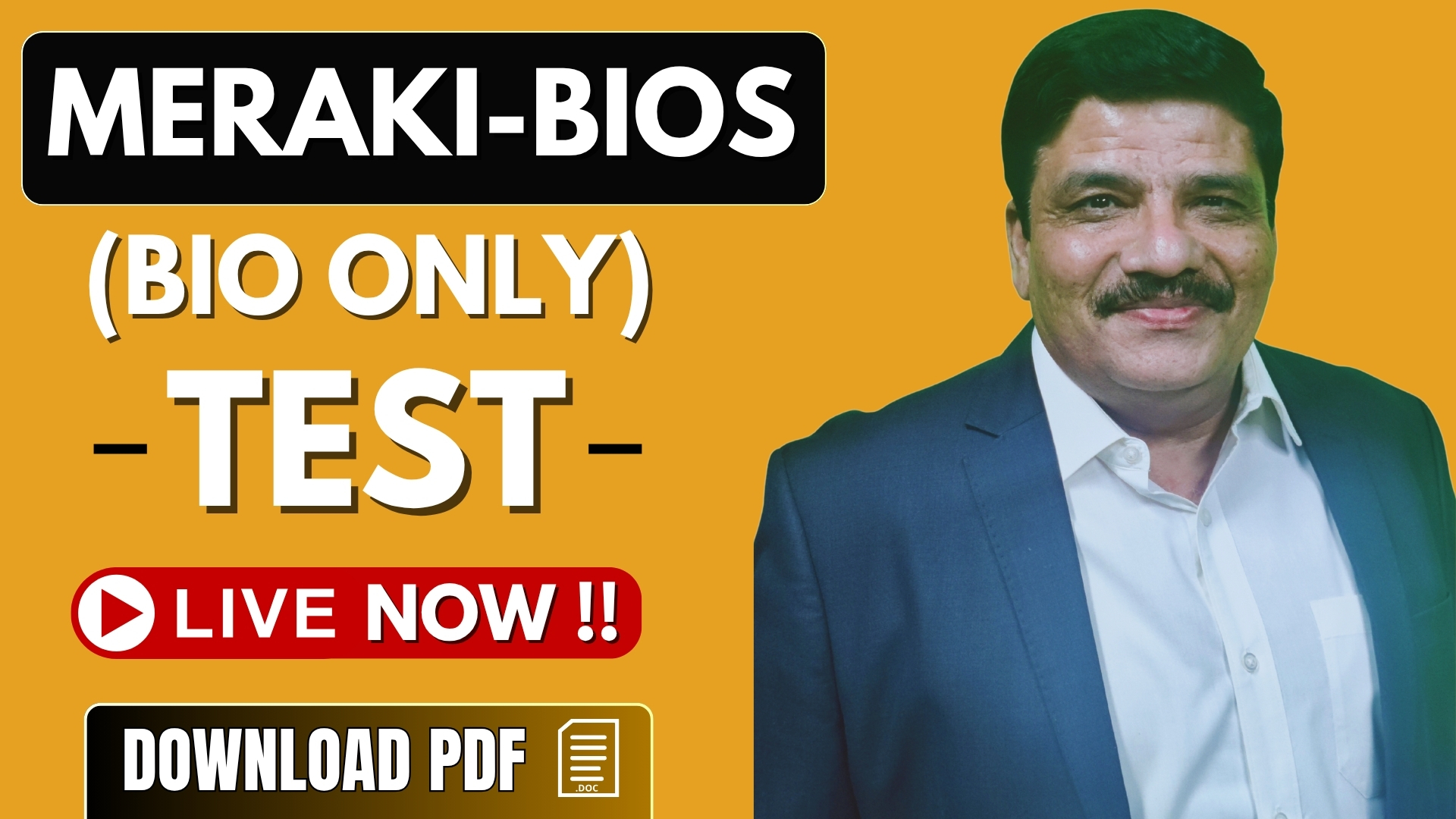
| A | B | C | |
| 1. | Carbon dioxide and Water | Lactate | Ethanol and Carbon dioxide |
| 2. | Only Carbon dioxide | Lactate and Carbon dioxide | Ethanol and Carbon dioxide |
| 3. | Carbon dioxide and Water | Lactate and Carbon dioxide | Ethanol |
| 4. | Ethanol and Carbon dioxide | Lactate | Carbon dioxide and Water |
The enzymatic machinery to partially oxidize glucose without the help of oxygen is present in:
1. All living organisms
2. All prokaryotes only
3. Prokaryotes and obligate anaerobes only
4. Facultative and obligate anaerobes only

To unlock all the explanations of this course, you need to be enrolled.

To unlock all the explanations of this course, you need to be enrolled.
Sucrose is converted into glucose and fructose by the enzyme:
| 1. | Sucrase | 2. | Aldolase |
| 3. | Invertase | 4. | Zymase |

To unlock all the explanations of this course, you need to be enrolled.

To unlock all the explanations of this course, you need to be enrolled.
How many ATP molecules are directly synthesized in glycolytic pathway from one glucose molecule?
| 1. 2 | 2. 4 |
| 3. 6 | 4. 10 |

To unlock all the explanations of this course, you need to be enrolled.

To unlock all the explanations of this course, you need to be enrolled.
What is the metabolic fate of pyruvate?
1. It is the end product of glycolytic pathway
2. It is reduced to acetyl CoA in the presence of oxygen
3. It depends on the cellular needs
4. It is decarboxylated in the cytosol

To unlock all the explanations of this course, you need to be enrolled.

To unlock all the explanations of this course, you need to be enrolled.
Phosphorylation of glucose during glycolysis is catalysed by
| 1. Phosphoglucomutase | 2. Phosphoglucoisomerase |
| 3. Hexokinase | 4. Phosphorylase |

To unlock all the explanations of this course, you need to be enrolled.

To unlock all the explanations of this course, you need to be enrolled.
What is the end product of glycolysis?
| 1. NADH | 2. ATP |
| 3. G3P | 4. Pyruvate |

To unlock all the explanations of this course, you need to be enrolled.

To unlock all the explanations of this course, you need to be enrolled.
The number of metabolic steps in EMP pathway where glucose undergoes partial oxidation to form two molecules of pyruvic acid is:
| 1. | 8 | 2. | 9 |
| 3. | 10 | 4. | 11 |

To unlock all the explanations of this course, you need to be enrolled.

To unlock all the explanations of this course, you need to be enrolled.
| 1. | during conversion of 1,3 biphosphoglyceric acid to 3-phosphoglyceric acid and during conversion of phosphoenolpuruvate to pyruvic acid |
| 2. | during conversion of glucose to glucose-6-phospate and during conversion of fructose-6-phosphate to fructose – 1,6- biphosphate |
| 3. | during conversion of glucose to glucose-6-phospate and during conversion of glucose-6-phosphate to fructose-6- phosphate |
| 4. | during conversion of 3-phosphoglyceric acid to 2-phosphoglycerate and during conversion of 2-phosphoglycerate to phosphoenolpuruvate |

To unlock all the explanations of this course, you need to be enrolled.

To unlock all the explanations of this course, you need to be enrolled.
The net gain of number of ATP molecules during glycolysis will be:
| 1. 2 | 2. 4 |
| 3. 6 | 4. 8 |

To unlock all the explanations of this course, you need to be enrolled.

To unlock all the explanations of this course, you need to be enrolled.






